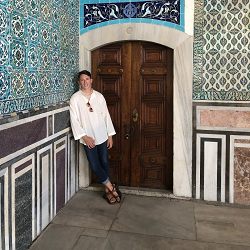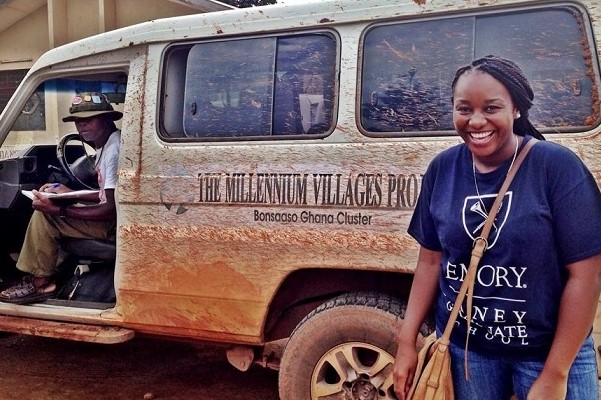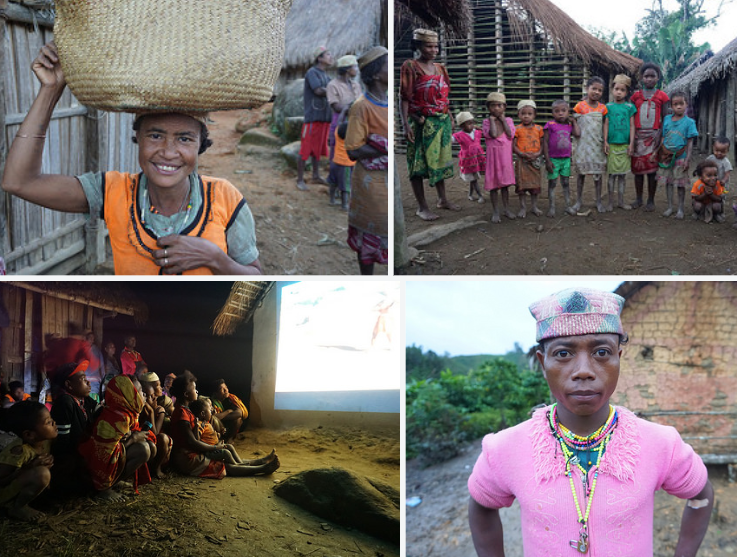Student Spotlight: Adrian Glover

Adrian Glover, a Master’s in Development Practice candidate, can quite frankly do it all. Ample domestic and international experience coupled with proficiency in three languages, Adrian certainly has a fruitful career ahead of him. His dedication and diverse experience in applied social science and program management
We sat down with Adrian to learn more about his journey to Emory.
Q: What made you decide to pursue a Master’s in Development Practice?
A: Towards the end of my undergrad, I became really interested in monitoring and evaluation as a way to speak truth to power and help create the kinds of social changes that the development establishment is supposed to be all about. I knew that I wanted to get a master's degree and had a clear idea of the type of skill set that I wanted to develop, but I also wanted to be in an environment where I could continue to rethink and deconstruct how "development" works. When I started looking at master's programs, MDP stood out to me because of the program's critical perspective and flexible curriculum that would allow me to do both.
Q:How do you envision applying this program to your future career?
A: One of the things that I love about the MDP program is its interdisciplinary approach. My background is in global health but I love learning from a variety of perspectives while having the intellectual freedom to pursue issues that are compelling to me. After graduating, I hope to find a career path where I can collaborate with people with diverse perspectives to transform some of the ways that "development" works in its current forms.
Q:How has your perspective on development changed?
A: I'm always re-evaluating and reflecting on how I should engage with the world, and I feel like our MDP cohort has created space for thinking hard and having honest conversations about what social change should look like and what roles we each should play in the process of creating that change. Development always takes place within the complex context and constraints of donor relations, political agendas, and social power structures and MDP has been a great place to think through ways to subvert those.
Q:What was/is one of your frustrations with the field of development?
A: One of my biggest frustrations with development is the relative silence around inequality, race, and gender within the
Q:What is a skill you gained?
A: One of my favorite things about MDP has been the opportunity to do concentrations in statistics and M&E while simultaneously critiquing the ways that quantitative data is socially constructed in some of our core classes. Donors and policymakers place a lot of importance on quantitative information, and so I've enjoyed being able to take advanced stats coursework while at the same time thinking long and hard about the inherent limitations and tradeoffs of quantitative information. A lot rides on data, and I think it's really important to understand that it can be easily misused.
Curriculum
The Emory MDP curriculum combines natural, social, health sciences and management.
FIELD PRACTICUM
The Field Practicum is a core component of the Emory MDP curriculum.
Check out this post on InstagramA post shared by Emory MDP (@emorymdp) on


